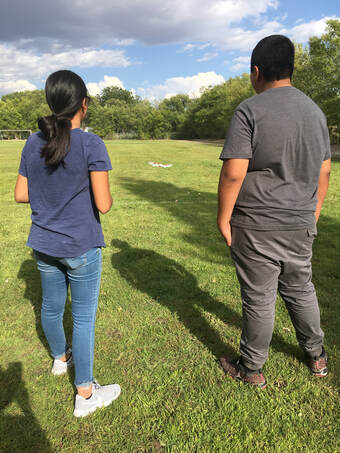Statement of Educational Philosophy
Jennifer A. Chavez-Miller
|
My ardent advocacy is for joyous, relevant educational experiences for every learner in settings that value the contributions of all members and view diversity as a natural human condition. In our communities, education can be no less than a collaborative effort, a multi-decade long rite of passage through which each child navigates with the support of caring, engaged adults - in our homes, schools and neighborhoods - all acting as advocates to assure each child's safe passage to a future that is rich with opportunity, choices, and resources.
Every child is entitled to the opportunity to grow and learn, to be nurtured developmentally, cognitively, socially and emotionally. Children should be nurtured in nature; through story, art and music; through connections with local and global communities; and through an abundance of opportunities for critical and creative thinking. Every child deserves educators who recognize that we must first build relationships with our students in order to foster life-long learning and deep connections to subject content. These educators are skilled and knowledgeable in child development, curriculum and instruction, and are able to weave the art and science of teaching into daily classroom practice that promotes respect, scholarship, and inquiry. Education is not the sole responsibility of schools. Universal engagement in education is key to thriving schools, students and teachers. Advocacy should not be for our students but for all students, and instead of offering a cookie-cut experience for all students, we should strive to offer a myriad of experiences that profoundly resonate within each child so that she is equipped with not only skills but with curiosity, innovation and vision for peaceful and just communities across the world that serve and protect our environment and each other. |

